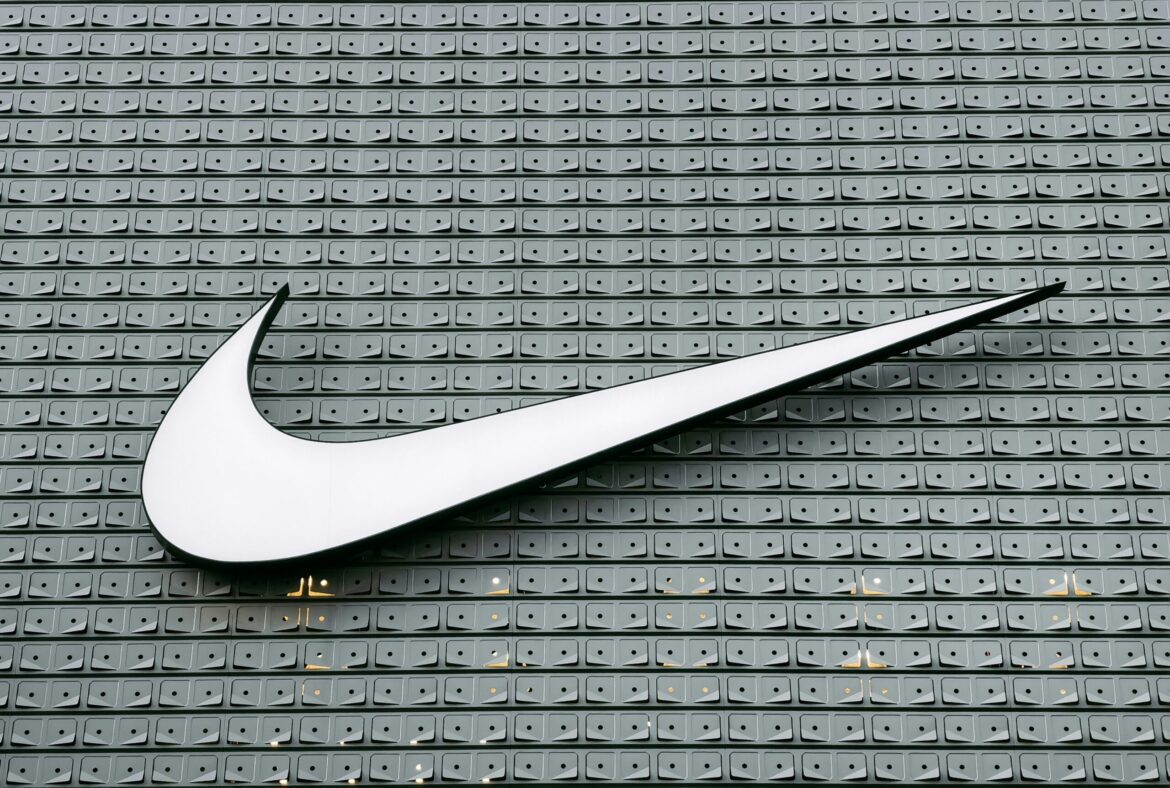As Russia’s invasion of Ukraine escalated in March 2022, a wave of global companies, including some of the biggest names in fashion, swiftly responded with actions to denounce the conflict. Amidst growing public pressure and a call for solidarity with Ukraine, several major fashion brands made bold decisions to limit their operations in Russia. These moves reflect not only the companies’ moral stance but also the broader role that the fashion industry has come to play in global political and humanitarian issues.
Among the most prominent companies making these decisions were H&M, Adidas, Nike, and Under Armour. These brands, known for their widespread presence and consumer influence, made the decision to halt sales or shipments of goods to Russia. This action came as part of a larger movement of Western businesses pulling out of or scaling down their operations in the country. For these fashion giants, it was a clear signal of opposition to Russia’s military actions and a gesture of support for Ukraine during a time of immense hardship.
H&M, one of the world’s largest fashion retailers, confirmed that it would temporarily suspend its sales in Russia. In addition to halting retail sales, the company also stated it would stop sourcing products from the country, a decision that affects not only its business but also its supply chain. This move was accompanied by other global players, such as Adidas, which also ceased shipments to Russia. The sportswear brand, already known for its strong corporate responsibility, joined other major companies in distancing itself from Russia amid the ongoing war.
Nike, a globally recognized leader in sportswear, made a similar decision. It announced the suspension of online sales in Russia and temporarily closed its physical stores in the country. While Nike did not officially comment on the specific reasons behind this decision, the move was understood to reflect its position on Russia’s military aggression and its commitment to international peace. Similarly, Under Armour, another sports apparel company, made the decision to pause shipments to Russia and halt the sale of products in the country.
These steps by fashion brands also underscore the growing influence that corporate actions can have in shaping international responses to geopolitical crises. As companies weigh the potential backlash of staying active in Russia against the moral imperative to stand with Ukraine, many are also considering the impact on their long-term brand image and customer loyalty. The fashion industry’s involvement in global issues has become more visible in recent years, with brands increasingly taking stances on political, environmental, and humanitarian concerns.
The move to suspend operations in Russia was not without economic consequences for these companies, particularly as Russia remains a significant market for global brands. Yet, many of the companies involved emphasized the importance of aligning with their values, even in the face of potential financial setbacks. The widespread support for Ukraine, as demonstrated by these fashion brands, serves as a reminder of the interconnectedness of the global marketplace and the power that businesses hold to influence social and political discourse on the world stage.
In conclusion, the decisions of companies like H&M, Adidas, Nike, and Under Armour to suspend operations in Russia during the early days of the invasion serve as a reflection of the broader role businesses play in responding to global crises. Their actions helped amplify the international condemnation of Russia’s military actions and showed the increasing willingness of the corporate world to take a stand on issues of global importance.


